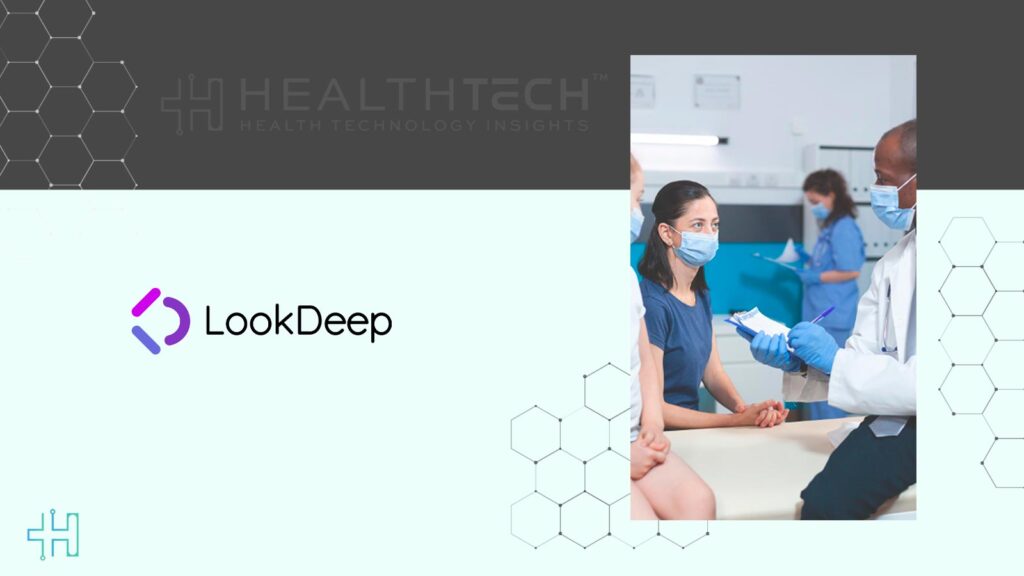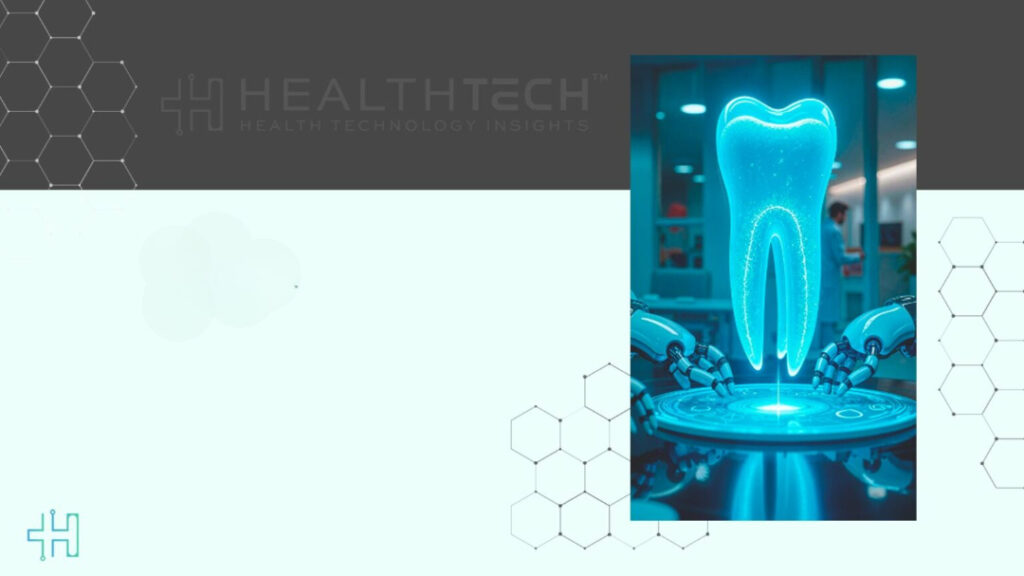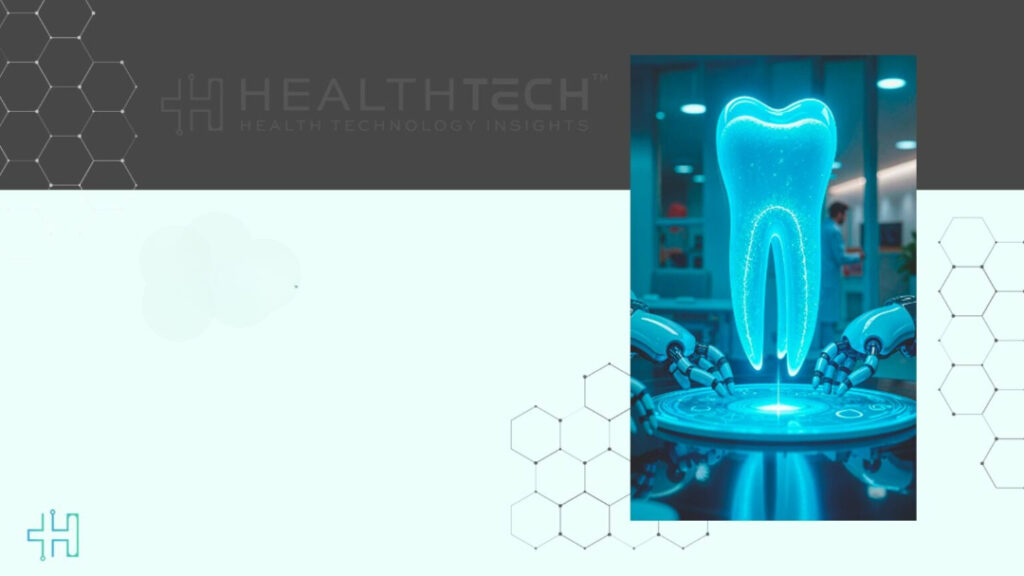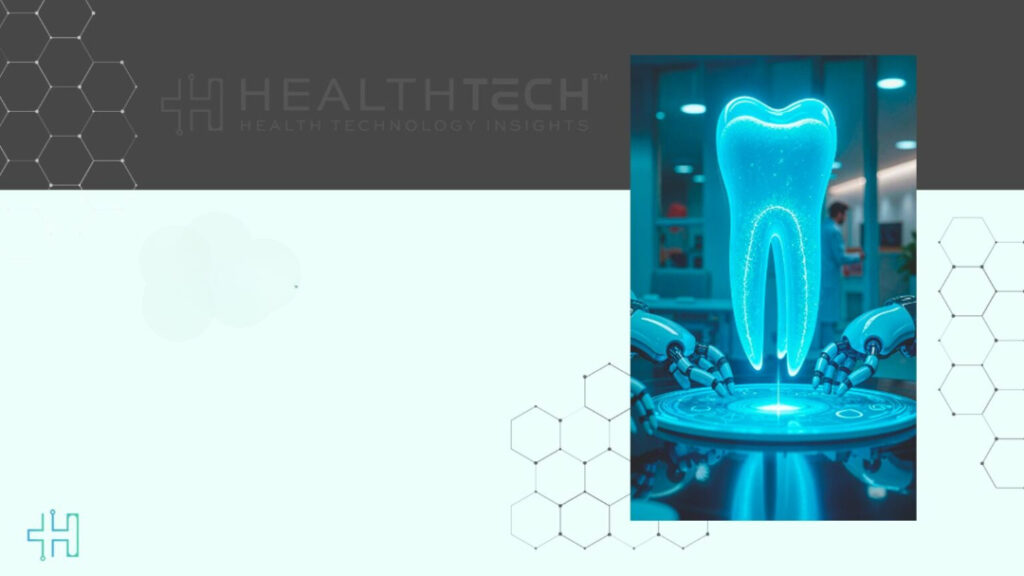Voice Commands, RTLS Integration, and AI-Driven Situational Awareness help healthcare providers protect themselves and their patients
LookDeep Health announced new AI capabilities to protect hospital care teams from workplace violence. LookDeep has added new functions to its AI-driven platform to upgrade safety from reactive notification to proactive prevention, enabling video-based security protocols to use AI to flag and prevent potential attacks.
Health Technology Insights: MemorialCare Long Beach Hospitals Earn ABRET LAB-EEG Accreditation
Healthcare workers represent just 10% of the U.S. labor force, yet they suffer nearly half of all reported non‑fatal injuries caused by workplace violence. Two nurses are assaulted in an acute‑care setting every hour. Events such as the February 2025 hostage‑taking at a Pennsylvania ICU that left a police officer dead now make national headlines. Protecting professionals who dedicate their lives to caring for others isn’t just a moral imperative — it impacts workforce retention, patient care quality, and hospital finances.
Health Technology Insights: EXACT Therapeutics Doses First Patient in Pancreatic Cancer Trial
“Violence in a patient room rarely comes out of nowhere—it follows a rapid yet recognizable progression,” said Narinder Singh, Founder and CEO of LookDeep. “Tension builds through agitated movements, raised voices, and escalating behaviors. Clinicians sense rising danger and may call for help. If uninterrupted, these situations can quickly turn harmful. With AI, we can support clinicians exactly when they call for assistance—and even earlier—by sensing risk and providing an extra set of eyes or timely intervention to help de-escalate before an incident occurs. We can use the same technology hospitals already need for telemedicine to better care for the nurses and doctors that care for our loved ones.”
The LookDeep platform now includes multiple key features to keep nurses, clinicians, and staff (as well as patients) safe from violence in the care center. These include:
- Voice Activation of Indirect or Directed Help Words – Staff can ask for help when they feel like they need it in an overt or subtle way.
- AI-Powered Situational Awareness – Modern computer‑vision platforms turn the video infrastructure many facilities already use for tele‑ICU, telesitting, and virtual nursing into a continuous safety net, providing ambient awareness. Voice and Vision are used to flag rooms where tensions are escalating even prior to staff requests for help.
- Real-Time Location Systems (RTLS) integration: Wearable badges allow staff to silently call for help when under duress. Paired with the AI-driven LookDeep platform, hospitals can directly link their systems to detect and respond to threats much faster.
Health Technology Insights: Trially AI Appoints Christian Smith as CRO to Boost Trial Enrollment
To participate in our interviews, please write to our HealthTech Media Room at sudipto@intentamplify.com
Source – businesswire






